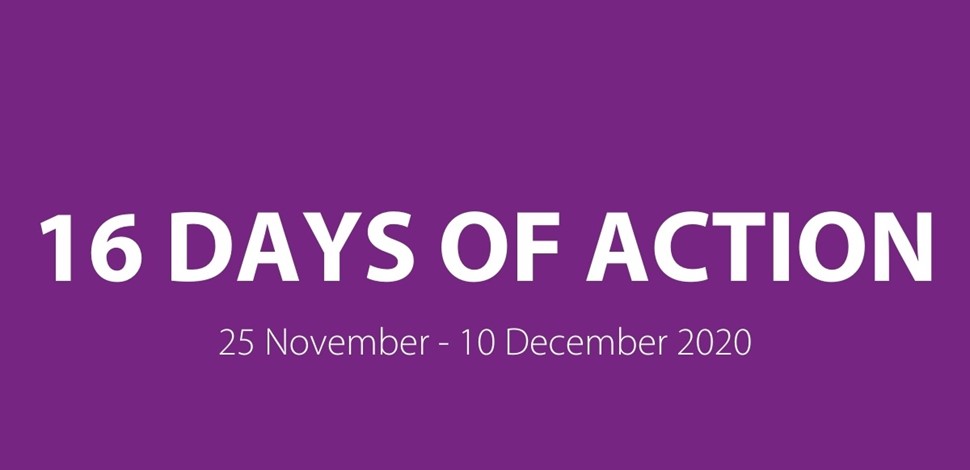16 Days of Action is an international campaign that takes place every year from 25 November. The campaign aims to get support from organisations worldwide to raise awareness of the issues surrounding domestic violence and abuse.
The Scottish Police Authority stated in their Quarterly Policing Performance Report (Q2 2020/21) that, between April and September 2020, there had been 774 DASA (Domestic Abuse Scotland Act) offences recorded, with 724 of those involving a female victim. Therefore, it’s more crucial than ever to encourage positive change and inform people about the support that is available to protect their safety.
Domestic violence and abuse can happen to people of all ages and there are various types of abuse including physical, emotional, psychological, sexual and financial. Below are some examples of the behaviours that constitute domestic abuse:
- Controlling behaviour – for example, isolating you from your friends and family and looking through your emails/text messages to check up on you.
- Emotional abuse – such as name-calling, shouting and constantly disregarding your thoughts and opinions.
- Physical abuse – using physical force to hurt someone, such as punching, kicking and throwing objects.
- Threatening behaviour – for example, threatening you by giving you an ultimatum if you don’t do what they are asking.
- Psychological – such as someone blaming you for their problems and using guilt to make you believe you’ve done something wrong.
- Financial – this could include trying to stop you from making your own money, hiding money and making you account for everything you’ve spent.
More information on spotting the signs of domestic abuse can be found here.
If you or anyone you know is experiencing domestic violence and abuse, please don’t delay seeking help.
Below are a number of key contacts:
- Scotland’s 24hr domestic abuse and forced marriage helpline – 0800 027 1234 or their new webchat facility, which operates between 5pm and 10pm daily. More information can be found here.
- Reporting a crime to the police on 101
- Calling 999 in an emergency
- Using
- Visiting safer.scot for more information
More useful contacts can also be found here.
Please know that you are not alone, and help is always available.


